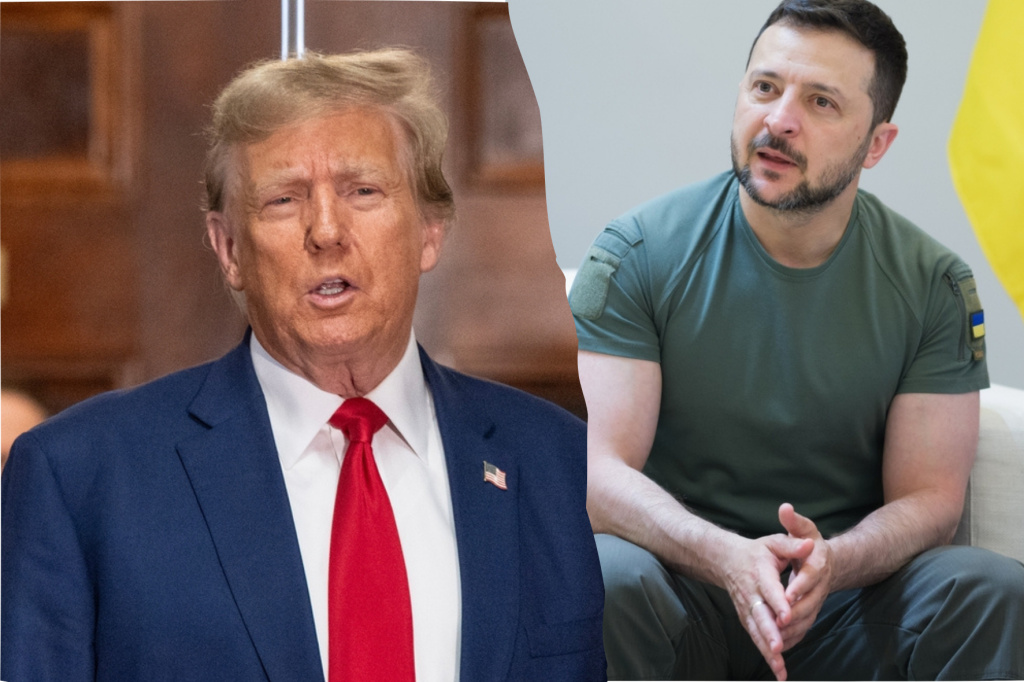Ukraine Seeks Stronger European and U.S. Support
Others are reading now
As the war in Ukraine nears its third year, diplomatic tensions are rising. A recent call between Donald Trump and Vladimir Putin has sparked concerns in Kyiv and across Europe, fueling fears that Washington may push for a settlement that favors Russia.
Urgent Diplomatic Talks in Munich
Ukrainian President Volodymyr Zelensky is in Germany for the annual Munich Security Conference, a key gathering of global leaders. As reported by Linternaute, his visit follows Trump’s announcement that the U.S. will begin “immediate negotiations” with Russia on Ukraine.
Zelensky is scheduled to meet with U.S. Vice President J.D. Vance and Secretary of State Marco Rubio to push for stronger Western support. However, tensions are high, as Ukraine firmly rejects direct talks with Russian officials, despite reports that a high-level U.S.-Russia-Ukraine meeting could take place in Munich.
Concerns Over U.S. Policy Shift
Kyiv fears that the Trump administration may prioritize a quick resolution over Ukraine’s long-term security. Zelensky has warned allies not to be swayed by Putin’s claims of seeking peace, stressing that any negotiations must first include Ukraine.
Also read
European leaders are also alarmed. French President Emmanuel Macron has expressed concern that Washington might make excessive concessions to Russia, calling any agreement that resembles a surrender “bad news for everyone.”
Meanwhile, EU foreign policy chief Kaja Kallas has compared the situation to the 1938 Munich Agreement, which led to the annexation of Czechoslovakia by Nazi Germany.
The Future of Western Support for Ukraine
One of Ukraine’s main concerns is that U.S. officials have dismissed both NATO membership for Ukraine and the possibility of regaining Crimea, which Russia annexed in 2014. This stance has led to fears that Europe may have to take greater responsibility for Ukraine’s defense.
Analysts suggest that Washington’s message to European nations is clear: Ukraine is now their problem.
With Trump challenging traditional alliances and urging Europe to increase its defense spending, the Munich Conference is expected to be a tense battleground for diplomatic negotiations.








